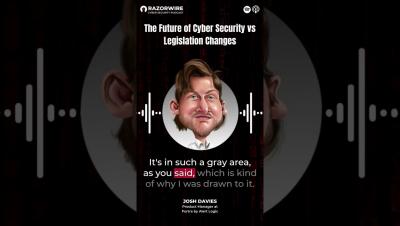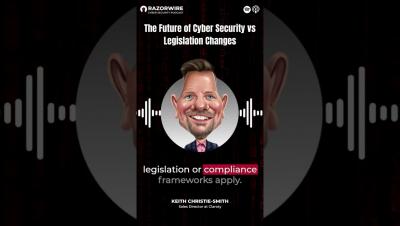A Case for Cyber Resilience
Last month, The White House introduced a new National Cybersecurity Strategy for the first time since 2018. The landscape has changed rapidly over the past five years – a lifetime in cyber. Yet one thing remains constant, then and now: Cyberattacks are inevitable. Rubrik supports a whole of government approach to solve these existential challenges we face. In particular, efforts like this one, which is focused on resiliency, are likely to produce the greatest impact.











